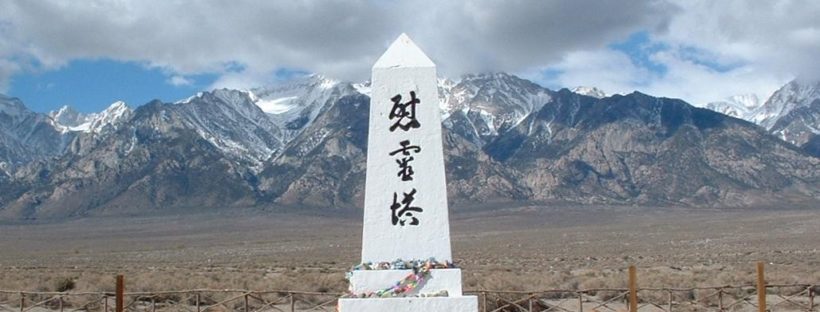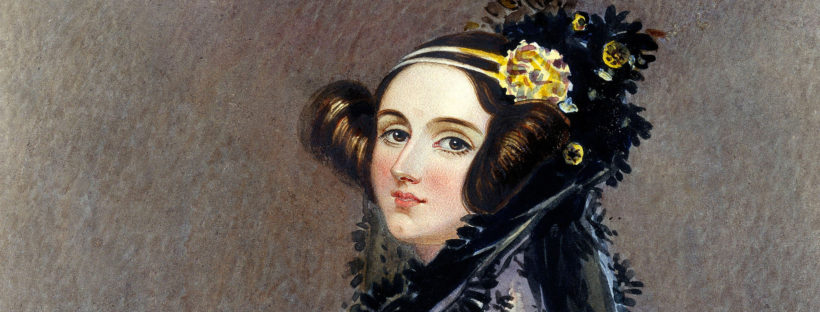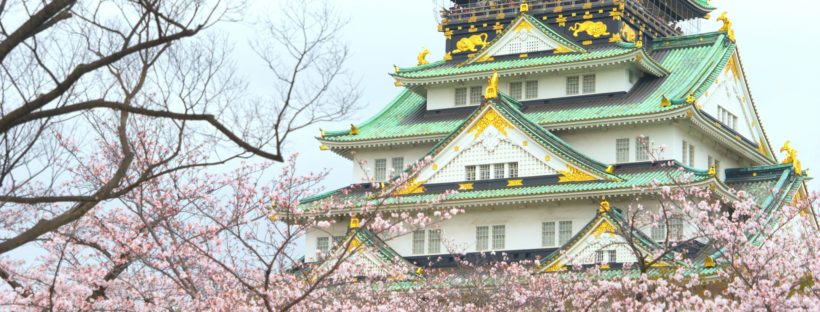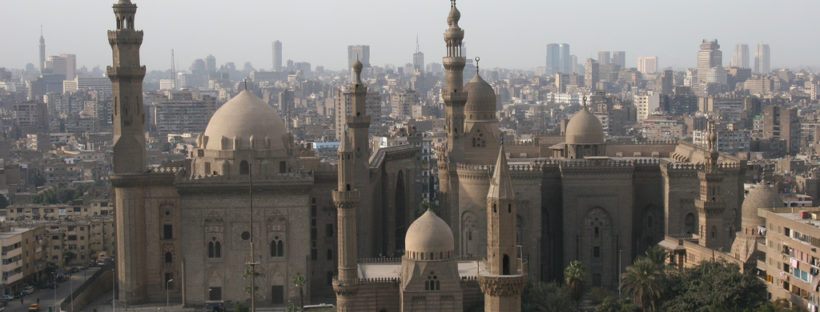 If you enjoy warmhearted, but bittersweet, pieces of historical fiction with sweeping narratives spread out across decades, you will adore Leslie Shimotakahara‘s After the Bloom. Following two Japanese-Canadian women who hail originally from the United States, Shimotakahara’s novel is a thought-provoking examination of war’s impact on civilian casualties. Continue reading
If you enjoy warmhearted, but bittersweet, pieces of historical fiction with sweeping narratives spread out across decades, you will adore Leslie Shimotakahara‘s After the Bloom. Following two Japanese-Canadian women who hail originally from the United States, Shimotakahara’s novel is a thought-provoking examination of war’s impact on civilian casualties. Continue reading
Tag: historical fiction
The Thrilling Adventures of Lovelace and Babbage: A Review
 Nearly two centuries ago, two great minds and distinguished individuals among the English rich collaborated to create and program the Analytical Engine: the world’s first mechanical computer. Although Charles Babbage’s Analytical Engine was never built during his lifetime, in Sydney Padua‘s The Thrilling Adventures of Lovelace and Babbage: The (Mostly) True Story of the First Computer, he and Ada Lovelace team up to build their wonderful machine and use it to improve British lives. Continue reading
Nearly two centuries ago, two great minds and distinguished individuals among the English rich collaborated to create and program the Analytical Engine: the world’s first mechanical computer. Although Charles Babbage’s Analytical Engine was never built during his lifetime, in Sydney Padua‘s The Thrilling Adventures of Lovelace and Babbage: The (Mostly) True Story of the First Computer, he and Ada Lovelace team up to build their wonderful machine and use it to improve British lives. Continue reading
Pachinko: A Review
 Set against the backdrop of Japanese occupation,
Set against the backdrop of Japanese occupation,
Min Jin Lee‘s Pachinko tells an earnest and heartfelt saga that encompasses nearly 80 years in the lives of one family. The story follows Sunja, the daughter of a Korean innkeeper, who marries a virtual stranger after a love affair with an older man leaves her pregnant and adrift. What could devolve into either melodrama or tawdriness does neither, as Pachinko deftly examines the little generosities that even the worst among us are capable of. Continue reading
The Underground Railroad: A Review
 What if the Underground Railroad had been a physical, subterranean means of transport? That’s the premise that drives Colson Whitehead‘s latest novel, The Underground Railroad. But the Oprah Book Club pick spreads beyond this catchy and convenient gimmick to become a gripping tale of survival, family, determination, and race. Continue reading
What if the Underground Railroad had been a physical, subterranean means of transport? That’s the premise that drives Colson Whitehead‘s latest novel, The Underground Railroad. But the Oprah Book Club pick spreads beyond this catchy and convenient gimmick to become a gripping tale of survival, family, determination, and race. Continue reading
Chronicle of a Last Summer: A Review
 Recounting nearly 30 years of Egyptian history in three Cairo summers, Yasmine El Rashidi‘s Chronicle of a Last Summer: A Novel of Egypt drives readers through an evolving — perhaps even crumbling — country on the brink of revolution. At the heart of El Rashidi’s story are the unnamed narrator and her ever-dwindling family. The changes in the city and its politcal landscape are subtle as the narration moves from the mid-1980s to the Arab Spring in 2011, but the comings and goings of her family are not. Continue reading
Recounting nearly 30 years of Egyptian history in three Cairo summers, Yasmine El Rashidi‘s Chronicle of a Last Summer: A Novel of Egypt drives readers through an evolving — perhaps even crumbling — country on the brink of revolution. At the heart of El Rashidi’s story are the unnamed narrator and her ever-dwindling family. The changes in the city and its politcal landscape are subtle as the narration moves from the mid-1980s to the Arab Spring in 2011, but the comings and goings of her family are not. Continue reading




